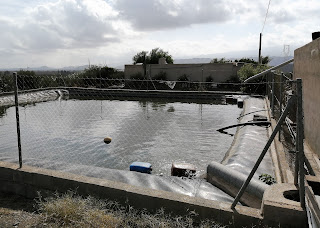I'll never have a fluent-sounding accent when I speak Spanish. It's pretty good, but if I have an accent, it's an English one. Which stands to reason I suppose, since that's where I'm from. It's easy enough to spot although there's the exception maybe when I'm on the phone and my caller can't see me and realise that there's no way a tall blond/gray sunburned Swede with blue eyes like me could ever be from Murcia.
It's a pity really, as I only started to learn Spanish when I was thirteen. The sounds eluded me, whereas I began with French at the age of six, and thus, although I've since forgotten a lot of the vocabulary, when speaking to a Frenchman I tend to sound like an alcoholic from Lyon who must have just that very moment misplaced the precise words he needed.
Also, in French, there are a hundred ways of saying 'you
know what I mean, um, at the end of the day...' and other useless
fillers to ward off actually saying something useful. In Spain, all we
have is coño.
We need context when we talk in Spanish - which means we need to know
the society in which we are moving - the food, the geography, the
politicians and the film-stars. So, there's another reason to watch the
Spanish news on the TV.
I clearly lean towards the parrot-theory of language: it's not what you say - it's how you say it. After all, no one is listening anyway, they are just waiting politely for their turn. One clever way to pick up the cadence and the various tics that belong to a language is to imitate it when speaking in your own. French lends itself to this - as we know from watching 'Ello 'Ello (here). And so why not Spanish as well?
We must then turn to the detail. It's easy enough to work the jota, the sound in such words as bujía, jamás and reloj, although they say that smoking helps, and it's a little harder to get the rr right: pero and perro. Then there's our friend the Ñ (called an 'eñe' - or 'enye' if you are missing it on your keyboard), which for some reason the British newspapers like to switch for the letter N, giving rise to such horrors as Espana, cono and Feliz Ano.
The LL is easy enough, pronounced like the middle bit in William (although, oddly, there's a war in Spanish between the LL and the Y). Actually, the ll was considered as just another letter of the Spanish alphabet until 1994, as was the ch.
It made playing Scrabble easier: a point which is rarely made.
For us Brits, I think that the Spanish J is the big one, and here's Camilo Sexto singing his 1975 hit Jamás (Never!), if you feel like practicing the jota and singing along.
After all, that's what your parrot would do.
The confusion in Spanish between the letters B and V works in our favour I think, as we hear them differently while they hear them as the same. As the old Latin joke goes, the great thing about the Spanish is that they don't know the distinction between vivere et bibere; that's to say, between living and boozing.
And who can argue with that?
One point that English-speakers need to remember when in the throes of speaking castellano (that's what they call it here) is to pronounce foreign words and names as a Spaniard would. I'm usually called Lenon (like the pop singer) Andrew is Andréu. William is Guílian. It gets worse. The singer JJ Cale is Jota Jota Kalay.
My title BeeBapoRu refers to how one calls a popular unguent available at the farmacia which one rubs on one's chest. That's right: it's Vicks Vapour Rub as pronounced by the chemist. If that doesn't work by the way, then drink a Bloody Mary (un bludi) with plenty of salsa guorsesterechaer and lie down for a bit.
And practice that Camilo Sesto song.
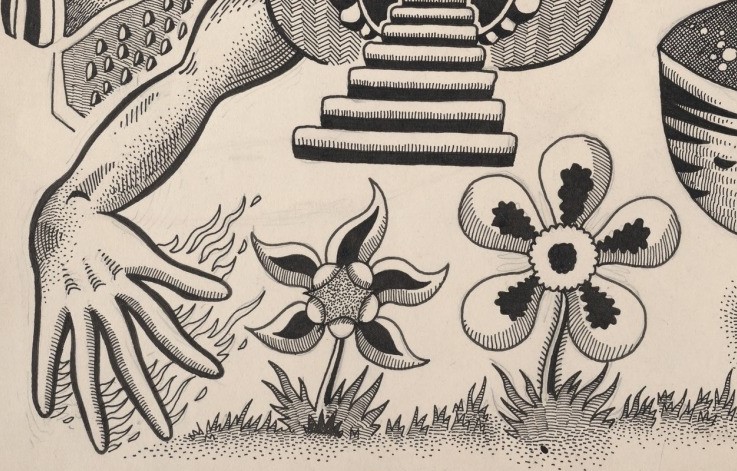
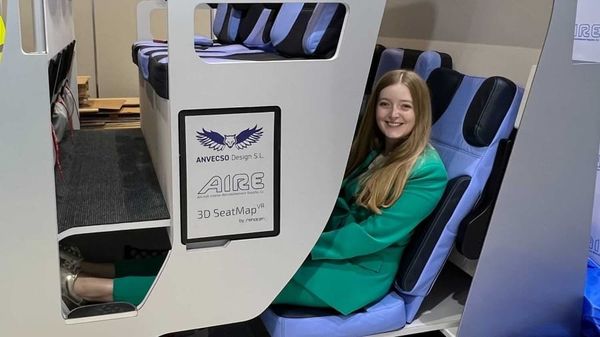

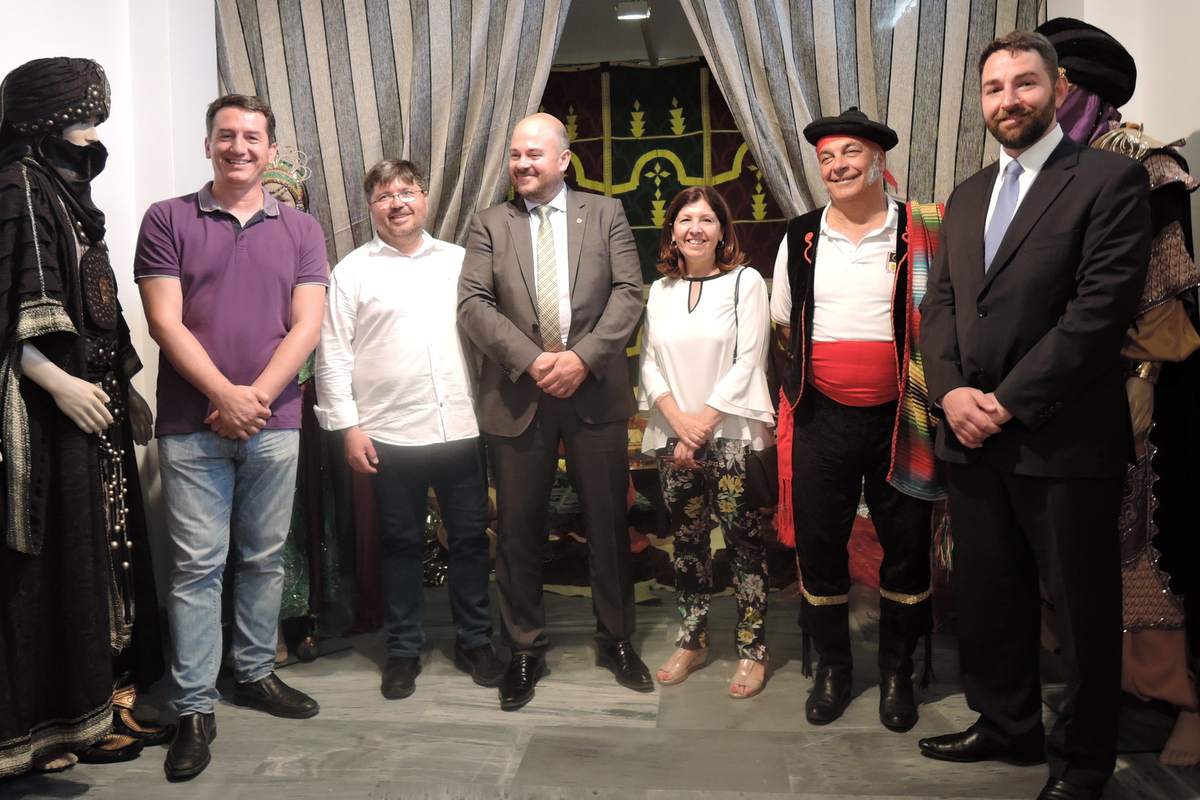




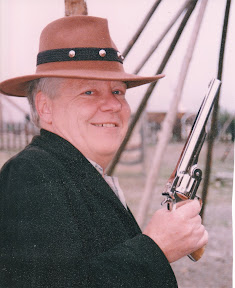 owboy
hat and a revolver and take a picture of you looking either mean or
else bemused (or in my case, mildly sun-stroked and drunk).
owboy
hat and a revolver and take a picture of you looking either mean or
else bemused (or in my case, mildly sun-stroked and drunk).

